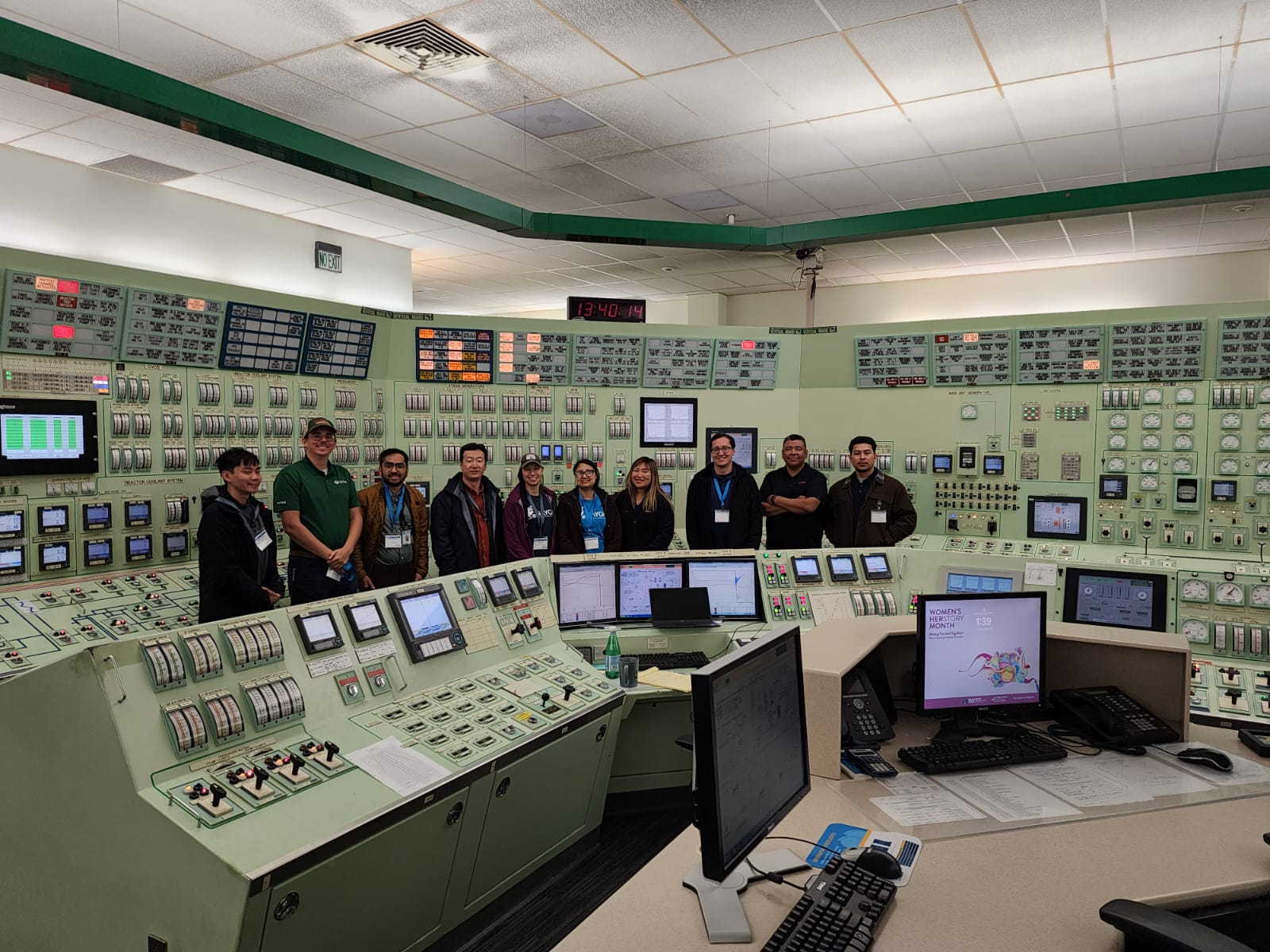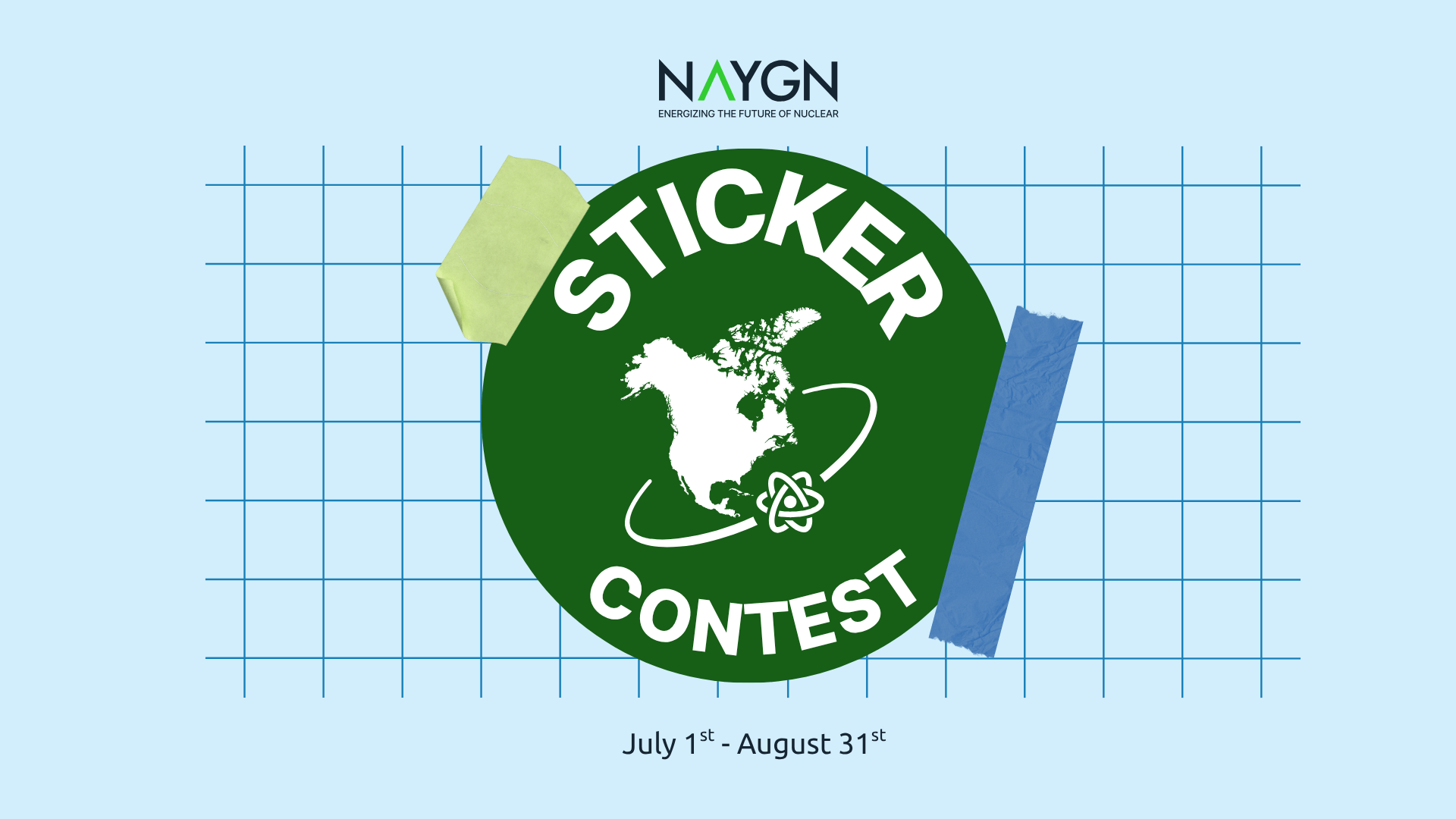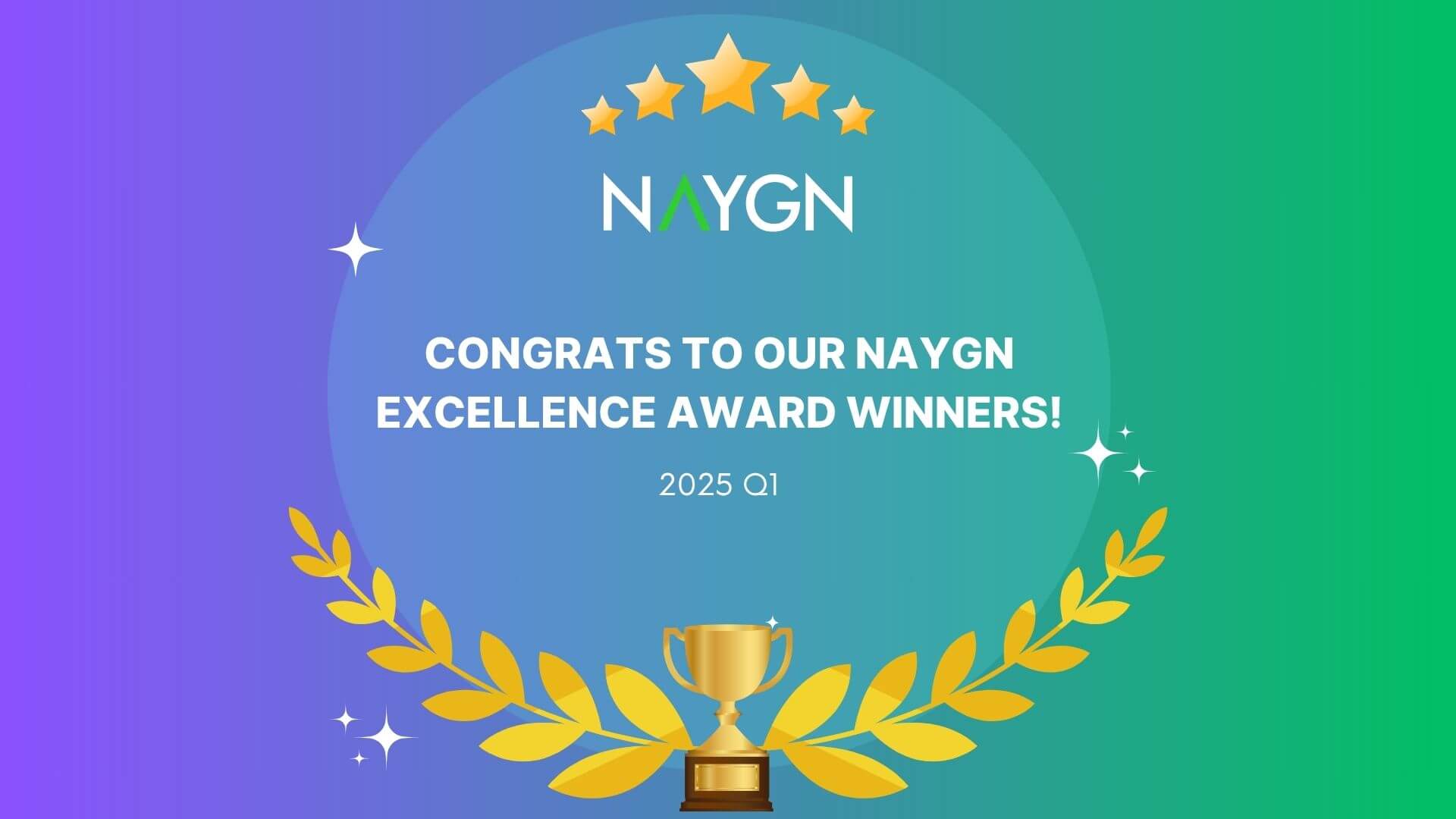The Campaign for Nuclear: Key Takeaways from the Duke Energy NAYGN Chapter Conference
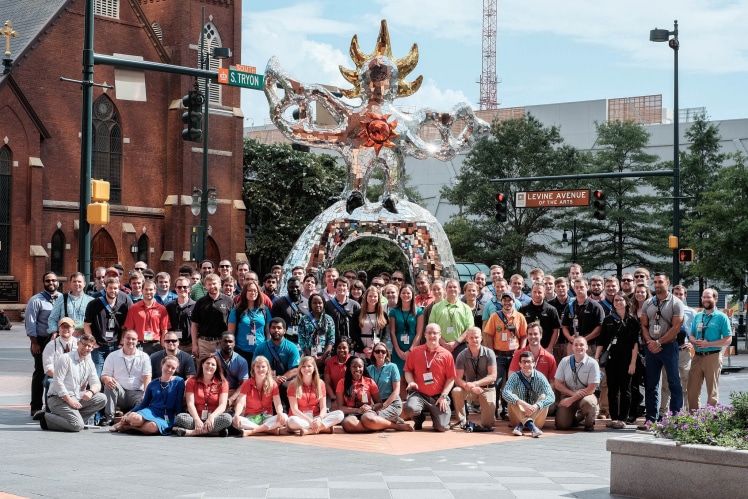
[caption id="attachment_6159" align="alignnone" width="748"] Duke Energy NAYGN Chapter photo by Daniel Lewis[/caption]
Duke Energy NAYGN Chapter photo by Daniel Lewis[/caption]
Last month, Duke Energy’s chapter of North American Young Generation in Nuclear (NAYGN) held its annual conference in Charlotte, N.C., bringing together young professionals from across the company’s nuclear fleet. As the conference’s timely theme, “The Campaign for Nuclear,” suggests, the focus of this event was how to educate yourself and others about the important benefits of nuclear energy.
While the conference offered numerous insights, here are three tips for successful nuclear advocacy.
See the bigger picture. The conference began with a panel of experts discussing current legislation affecting the nuclear industry, including policy related to advanced reactors, clean air and Nuclear Regulatory Commission (NRC) reform. While details about these particular policies is important, perhaps more important is the understanding that the nuclear energy industry affects and is affected by multiple stakeholders such as regulators, environmental advocates, and customers.
Successful nuclear energy advocacy, therefore, requires not only knowledge of a specific job, but the willingness and ability to comprehensively learn about the industry and how it relates to different audiences. To stay current on issues affecting the nuclear energy industry, visit the Nuclear Energy Institute’s Issues and Policy webpage.
Stay positive. The second morning session featured two professionals from the Tennessee Valley Authority’s Watts Bar Nuclear Plant – Kevin Walsh, senior site vice president and Ryan Lisa, NAYGN chapter chairperson – who discussed the start-up of the plant’s second unit. As the first nuclear unit to start commercial operation in the 21st century, the presentation reminded the audience that, despite recent nuclear plant closures, nuclear energy has an important future.
Consider, for example, the following advantages of nuclear energy.
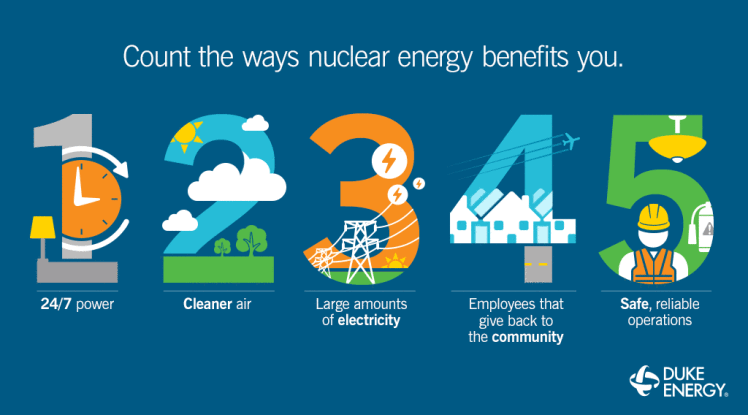
Nuclear advocates should share these positive examples to highlight nuclear energy’s important role in our country’s energy mix.
Speak persuasively, not abrasively. After several breakout sessions, the group came together in the afternoon for a professional development plenary about how to have important conversations in the workplace. Based on principles from the book, Crucial Conversations: Tools for Talking When Stakes are High, the session featured several methods for discussing pivotal issues with co-workers, leaders and others. These methods also apply to discussions about nuclear energy.
Most notably, the STATE method offers a tool to encourage open dialogue, while credibly making your point about nuclear energy. This technique teaches how to stay true to a belief, but soften the approach to ensure more productive conversations. Using this approach, advocates should start with facts, illustrate them with a personal story and genuinely encourage others to share their thoughts on the topic.
By staying informed, positive and credible, anyone can become a nuclear advocate. What other tips do you have for communicating the benefits of nuclear energy?
Originally published by Duke Energy. Submitted by Adam Reichenbach (Duke Energy).


